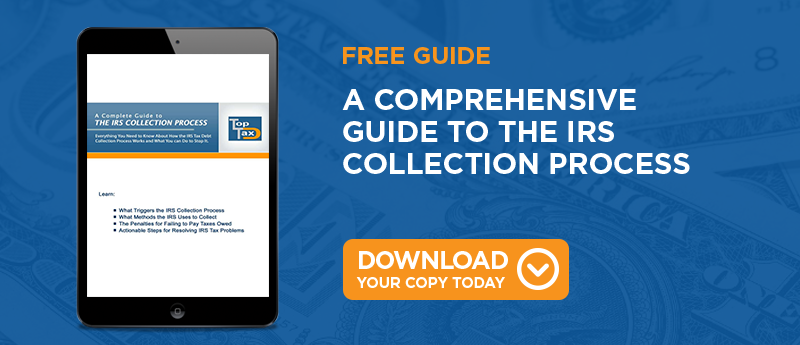
Do you owe a large amount of back taxes to the Internal Revenue Service? If so, you may be struggling under the burden of repaying such a debt, especially if there are interest fees and penalties accruing by the day. The good news is that if you've been in arrears on your tax debt for close to 10 years, you may become eligible for permanent tax relief under the statute of limitations on IRS collections. This provision allows for the expiration of back taxes under a federal law. Before you can claim this provision, though, you'll have to find out if you qualify.
Assessing Back Taxes
If the IRS suspects that you owe additional taxes, they may perform an audit on your account. Once the IRS determines that you owe back taxes, they generally count them as having been owed since the filing deadline on the original return. The date of assessment for a debt discovered by audit is generally three weeks after the date you signed the audit report. If your debt was discovered without an audit, the date of assessment is generally counted from six weeks after you filed the original return.
Significant IRS Dates
The key to finding out the date your back taxes will expire is ascertaining the correct Collection Statute Expiration Date (CSED). This is the official end of the 10-year statute of limitations. Since the IRS may pursue the debt using an incorrect date as the date of assessment, it's in your best interest to get copies of your IRS transcripts when you're approaching your CSED. That way you can review your records to get an accurate idea of exactly when the statute of limitations will run out.
What to Do If You're near the Expiration Date
If you're close to the end of the statute of limitations on IRS collections, the best thing to do is nothing. Don't contact the IRS and don't request an extension. Since the IRS will not inform you that the 10-year period has expired, it's to your advantage to simply wait out the proceeding. Legally, the IRS is prohibited from pursuing you for any back taxes after the 10-year period has expired. If you receive a tax bill after that time, you can contact the IRS in writing and inform them that you are not obligated to repay the debt.
Therefore, if you're in debt to the IRS and you're approaching the expiration of back taxes, you may be able to get tax relief soon! As with all tax and financial issues, feel free to consult a qualified tax attorney or tax resolution specialist for advice before completing any paperwork or submitting any personal information to the IRS.




